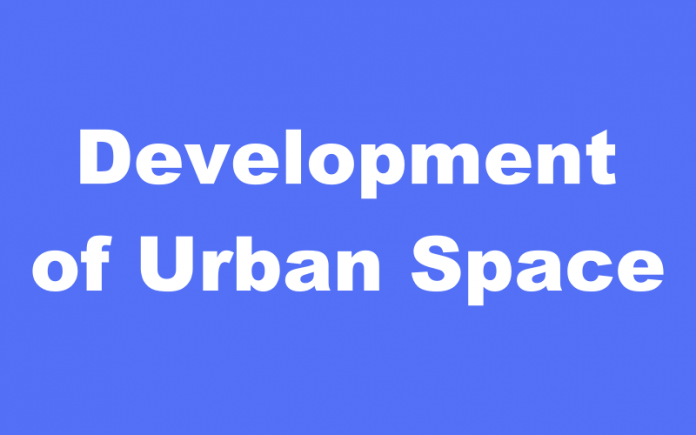Today, a few 55% of the arena’s populace – 4.2 billion inhabitants – stays in towns. This fashion is predicted to continue. By 2050, with the city populace extra than doubling its present day size, almost 7 of 10 humans with inside the international will stay in towns.
With extra than 80% of worldwide GDP generated in towns, urbanization can make contributions to sustainable boom if controlled nicely with the aid of using growing productivity, permitting innovation and new thoughts to emerge.
However, the velocity and scale of urbanization brings challenges, consisting of assembly improved call for low cost housing, nicely-linked shipping systems, and different infrastructure, fundamental services, in addition to jobs, specifically for the almost 1 billion cities negative that stay in casual settlements to be close to possibilities. Conflicts are at the rise, ensuing in 60% of forcibly displaced humans residing in city regions.
Once a metropolis is constructed, its bodily shape and land use styles may be locked in for generations, main to unsustainable sprawl. The growth of city land intake outpaces populace boom with the aid of using as an awful lot as 50%, that’s predicted to feature 1.2 million km² of latest city constructed up place to the arena with inside the 3 decades. Such sprawl places strain on land and herbal resources, ensuing in unwanted outcomes; towns eat thirds of worldwide strength intake and account for extra than 70% of greenhouse fuel online emissions
Cities play an increasing number of critical positions in tackling weather change, due to the fact their publicity to weather and catastrophe hazard will increase as they grow. Almost 1/2 of 1000000000 city citizens stay in coastal regions, growing their vulnerability to typhoon surges and sea degree rise. In the 136 largest coastal towns, there are one hundred million humans – or 20% in their populace – and $4.7 trillion in belongings uncovered to coastal floods. Around 90% of city growth in growing nations is close to hazard-inclined regions and constructed via casual and unplanned settlements.
Cities also are with inside the frontline of preventing epidemics. Cities throughout the globe are presently being examined to the intense with the COVID-19 pandemic. It is impacting now no longer simplest public fitness however additionally the financial system and social fabric. Simultaneously a fitness crisis, social crisis, and financial crisis, COVID-19 is laying naked how nicely towns are deliberate and controlled and the effect that is having at the quantity to which every metropolis is capable of feature – or now no longer – particularly throughout instances of crisis.
COVID-19 is a large assignment for towns at the frontline, wealthy and negative alike. The measures taken to govern the unfold of the virus are having large implications on towns because of their financial structure, their preparedness for one of these crisis – particularly the kingdom in their public fitness and provider shipping systems – and the quantity to which their populace’s fitness and livelihoods are vulnerable, all of which can be a feature of the effectiveness in their city governance systems.
In regular instances, there is probably many attributes that towns try to compete on and excel at the worldwide degree, consisting of livability, competitiveness, and sustainability, however in any given day and particularly in a time of crisis, a metropolis need to feature nicely for its citizens.
Building towns that “work” – inclusive, healthy, resilient, and sustainable – calls for extensive coverage coordination and funding choices. National and neighborhood governments have a critical position to play to do so now, to form the destiny in their Urban Development, to create possibilities for all.













